Why was Shao Jiayi chosen as the head coach of the Chinese national football team?
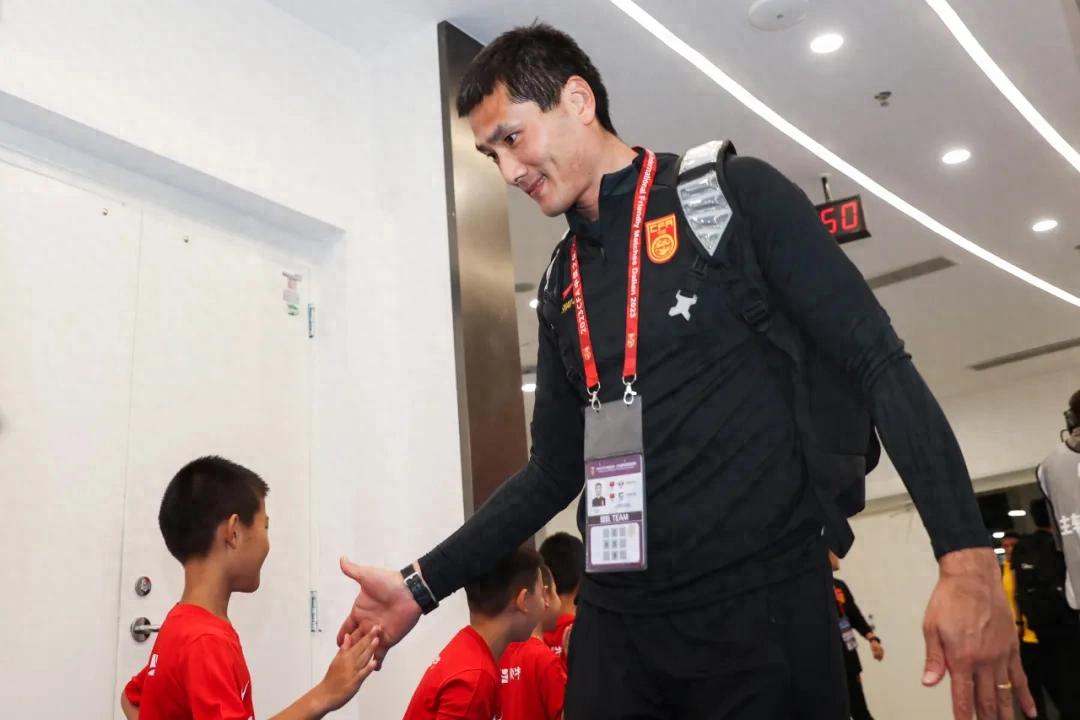
Reported by journalist Chen Yong On November 5th, the Chinese Football Association officially declared that 45-year-old Shao Jiayi would become the national team's head coach. Following the periods under Janković and Ivanković, a local coach has been appointed once more. The question is, why was he selected?

In the official announcement, the Chinese Football Association stated: On September 5, 2025, the CFA released an open recruitment notice for the head coach position of the Chinese men’s national football team. Several qualified domestic and foreign candidates entered the preliminary selection. Subsequently, a panel of senior football experts from China and abroad conducted a rigorous initial screening and online interviews, thoroughly evaluating candidates on coaching experience, match philosophy, training and match management methods, communication skills, and job suitability, before recommending candidates. Considering past experiences and lessons in national team coach appointments, the current status and level of Chinese men’s football, long-term national team development, coaches’ qualifications and capabilities, and expert opinions, the CFA carefully decided to appoint Shao Jiayi as the head coach of the Chinese men’s national football team.
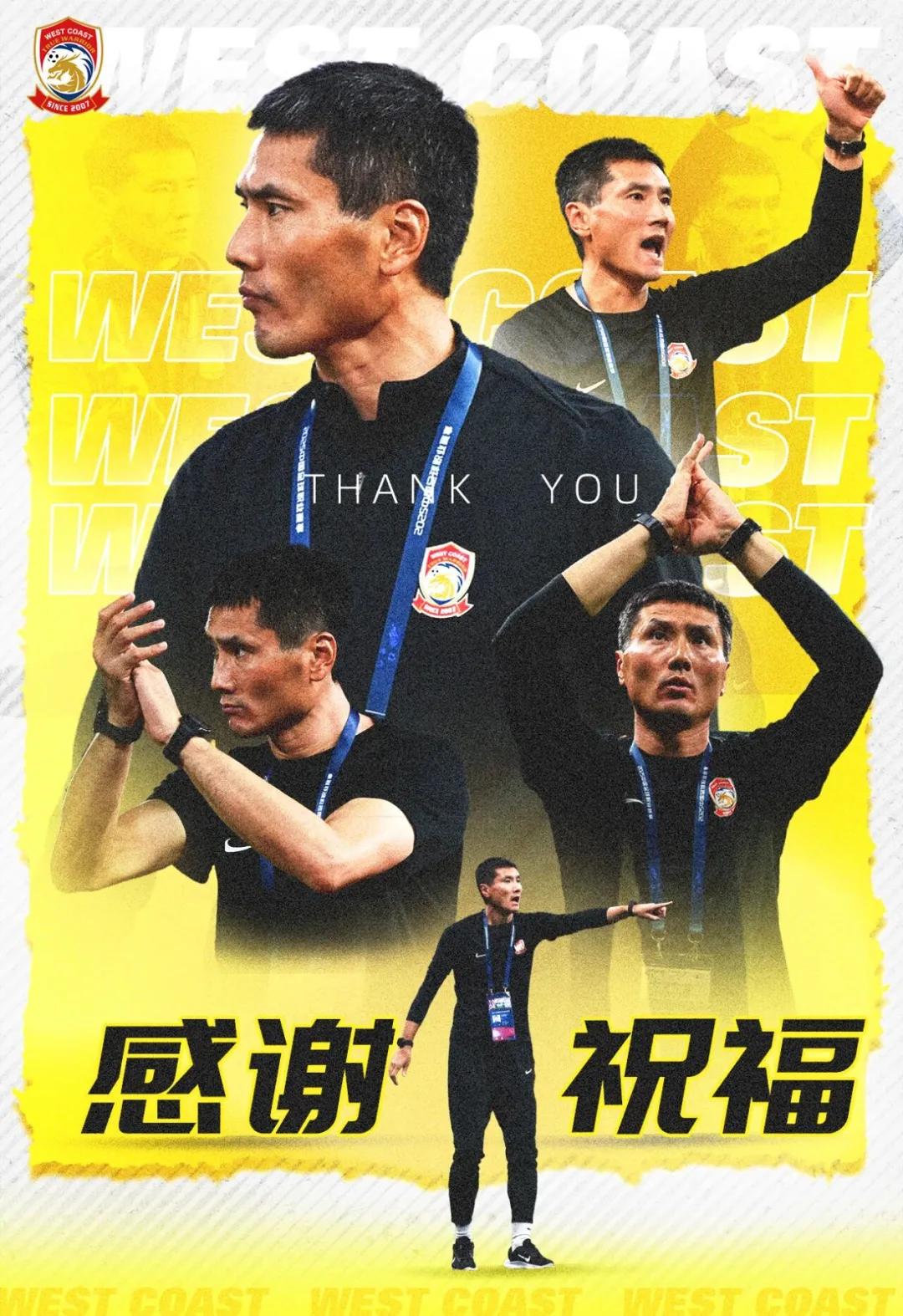
Shao Jiayi stood out among the candidates, and his former club, West Coast FC, gave perhaps the best endorsement: “Although the league season is not yet over, the team has already secured its place in the top tier ahead of schedule and achieved its best record since joining the Chinese Super League. Their distinctive style and tenacious spirit have earned unanimous recognition from fans, opponents, and various sectors. In player development, Shao Jiayi’s guidance has also been remarkable. During his tenure, the club has supplied several key players to various national youth teams, with young talents like Li Hao, Xu Bin, and Yang Xi making notable appearances in the league and gaining valuable experience.”
After Shao Jiayi’s appointment as national team head coach, the Bundesliga officially extended its congratulations: Shao Jiayi has had an extremely successful professional career in both the Bundesliga and 2. Bundesliga. After the 2002 World Cup, he moved to Germany, playing for Munich 1860, Cottbus, and Duisburg. He appeared 168 times across the Bundesliga and 2. Bundesliga, scoring 24 goals, becoming one of the most successful Chinese players ever in Germany’s top football leagues.
These three passages describe Shao Jiayi’s career and past achievements, which form the foundation of his successful appointment, but they are not the sole reasons.
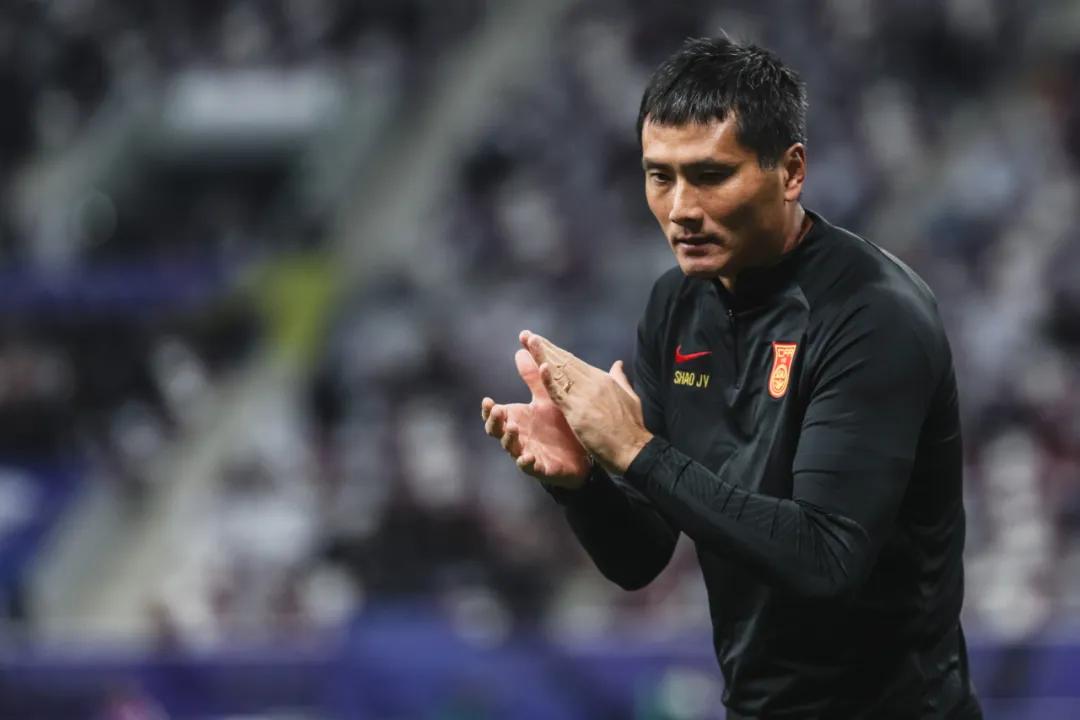

Looking at his coaching resume, Shao Jiayi only began managing a professional team in 2024, making this his second season—a relatively limited experience. However, his ultimate success is due to both broader contextual factors and his personal qualities.
From the broader perspective, the previous three foreign coaches—including world-class coach Lippi, the lesser-known Janković, and Ivanković who coached extensively in Asia—did not achieve satisfactory results; Lippi even resigned in frustration. Under such circumstances, giving a domestic coach a chance is understandable. Another factor is that before the national team’s coaching selection, the Chinese men’s basketball team, led by local coach Guo Shiqiang, reached the Asian Cup final for the first time in 10 years, playing with style and showing excellent spirit and tactical execution. This proved that with enough opportunity, domestic coaches can also succeed.
Regarding Shao Jiayi himself, although his coaching experience is limited, several traits have gained widespread recognition: First, he has long worked within the Chinese Football Association and national youth teams, serving as team leader and assistant coach for the U-14, U-15, and senior national teams, as well as holding roles like training director of the national management department and CFA executive committee member, making him very familiar with the CFA and national team operations; Second, his personal qualities are widely respected, including a rigorous work ethic; Third, he values building a coaching team—in West Coast, despite being a domestic coach, his staff includes several foreign assistants, such as chief assistant Maurel; Fourth, tactically, his advocated style of quick transitions and high pressing has left a strong impression. After league experience, his low defensive block tactics have also been well applied. Under his leadership, West Coast has held four title-contending teams to draws, including 3-3 at home against Shanghai Port, 1-1 away at Rongcheng, 2-2 away at Shanghai Port, 2-2 at home versus Rongcheng, and a 2-2 draw in regular time against Beijing Guoan in the FA Cup—all strongly demonstrating his coaching ability.
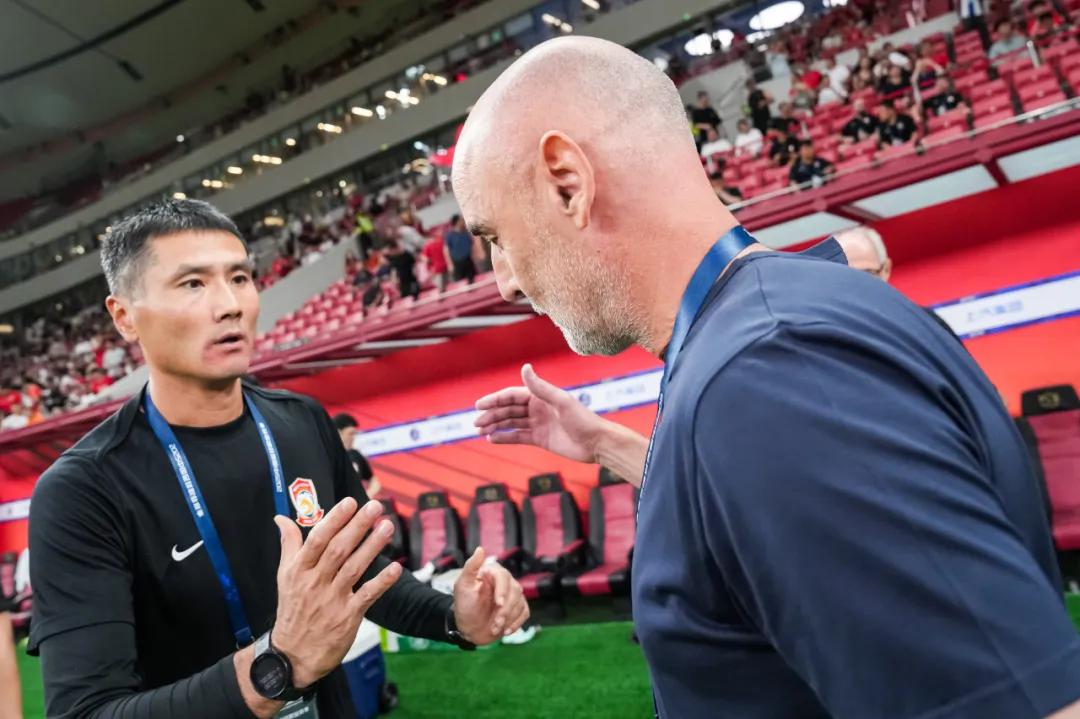

For Shao Jiayi, multiple challenges lie ahead: First, the national team’s strength is unlikely to improve substantially, and for the 2026 World Cup qualifiers, the eight teams advancing plus two in playoffs are all ranked in Asia’s top ten, where strength is decisive; Second, he must handle considerable pressure, which foreign coaches might be able to downplay or ignore, especially regarding public opinion; Third, he needs to balance results with youth development, especially if aiming for the 2030 World Cup, while facing the pressure of the 2027 Asian Cup.
For the Chinese Football Association, having chosen Shao Jiayi, it is essential to grant him sufficient space and autonomy. Meanwhile, Shao Jiayi must firmly adhere to his goals and approach without being swayed by external voices, including public opinion.
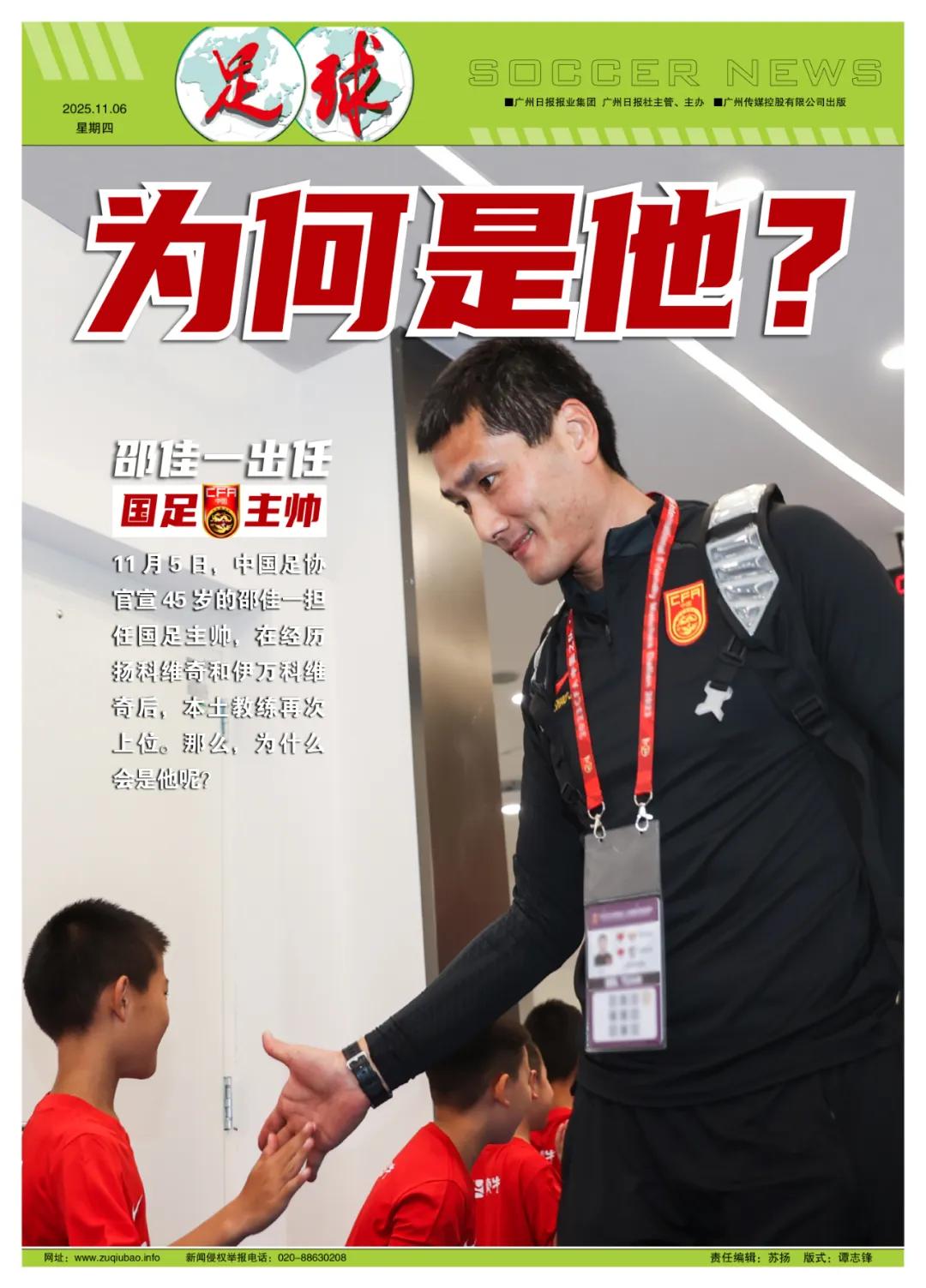


Wonderfulshortvideo
adidas world cup ad adidas world cup advertisement messi adidas yamal adidas


How did he even see this pass?!


lamine yamal goal yamal vs club brugge yamal highlights


haaland goal haaland assist haaland edit


User soccer has posted a video.


User GoalGuru has posted a video.


ronaldo interview piers morgan ronaldo interview








 Links
Links
 Contact
Contact
 App
App


